The art of photography has been evolving for many years and most recently the game has changed with digital photography. Images are better quality and easier to process and professional cameras are very accessible to public consumers.
The niche has become mainstream and there are a lot of people trying out the visual art form, but may not know too much about how to really do photography.
It's pretty simple to get going, and there are a million resources out there.
1. Get a camera
One thing you must have....is a camera! It's essential to have your own camera if you're hoping to do photography. Using your phone is a good way to start, but it will limit you. You can also borrow cameras, but each one is that little bit different, and it's great to learn on your own.
I'm a filmmaker, and back when I first got my camera, I said I would practice photography to improve my cinematography. I had no knowledge about photography at this stage. I was never really planning on learning any photography or doing it as a career. I got to know my equipment, tried things out, and soon found my feet. I preferred trying things out and learning visually by trial and error. Regular practice - whether you really know what the end goal is - really helps improve the way you see things.
The standard professional cameras are DSLR's and I would recommend this if you're serious about doing photography and want to really practise. But, if you're saving up to get one, compact cameras and even smart phones are a good way to practice angles and framing. As I said phones will limit you but will contain features a DSLR may have, like the grid, exposure settings, white balance and more. So you'll be able to learn the difference and understand why those features are important.
2. Reading the manual
You'll find out a lot just by playing around and reading the manual. This comes with every camera and is found in the box with your camera. For beginners it's always good to read the manual. The camera manual will feature everything you need to know about the camera and how to use is as well as basic and advance setting and what they are used for. It'll also contain information about exposure and which parts of the camera controls what. This sounds obvious, but many people ignore it and go straight to shooting. You can learn so much from this, and can find out features you may never have come across on your own.
Exposure is one of the key things about photography and just knowing about how to get the right exposure in your environment and your camera will help you take a great photo.
3. Search online
Videos, books, articles, how to guides…You'll find them all easily via Google. One of the best uses of the internet, I found was googling images and photographs to find inspiration. Sites like Pinterest Flickr and even Tumblr have a ridiculous amount of photos to flick though and get inspiration from. Having visual aids helps you to discover new looks or styles to experiment with and opens you to different options
4. Always have your camera with you
It doesn't matter whether you're serious about photography or just want to do a bit on the side, you'll end up taking your camera everywhere you go. So while your camera's in your bag and you're out in the park or on your way to an event, take that chance to take a few photos around you. Look up, because you never know what you might miss! The images that turn out great are usually from the moment that you hadn't planned.
Having your camera around will teach you to practice and get comfortable in different environments. You may feel like you've been thrown in the deep end but it's good to make mistakes and learn from them.
5. Use your eye
This may sound weird at first, but visual artists (especially photographers) have an artistic/creative eye that allows them to see things from a different perspective. To some it comes naturally, but when practicing photography with a camera you naturally develop the skill, unlocking a special ability for taking photos.
An exercise I use in my workshops to help with framing is finding photos using paper frames. What the students do is cut a rectangular hole in the middle of a piece of paper, large enough to see through but small enough to frame their eye with and I get them to walk around and find different images and perspectives in the world around them. This exercise is meant to help the person train their eye to find ways of taking hundreds of different photos of one subject which will have many meanings and effects dependant upon the frame they have chosen.
Using this method will help you focus your eyes to find interesting perspectives and train you to use your eye to find a photo before taking it with your camera.
6. Reading books
Again this may be tedious and you may be thinking if I'm telling you to read a book to learn photography, why am I even reading this article? Well the answer to that is because it's a great article (please don't leave) and reading will only add to your skillset.
Like I said, I never planned on learning photography and found out so much from reading photography books as I went along. I learnt how certain angles or lighting tricks improve a simple photo. And I found lots of inspiration from professional photographers. There are too many good books to mention but a good search online, again will give you results.
So now that you've got your tools and resources, you're almost ready to get out there and call yourself a photographer. A quick recap of my 'must do' list...
- Get a camera
- Read the manual
- Learn about exposure
- Learn and practise framing
- Look online
- Be inspired by other photos
- Use your eye
- Explore the world around you
- Practise to death (almost)
- Never let go of your camera
- Read books
If you'd like more articles on photography, film making and other creative bits then check out our other 'How to guides'.
Image courtesy Sadie Hernandez via Flickr

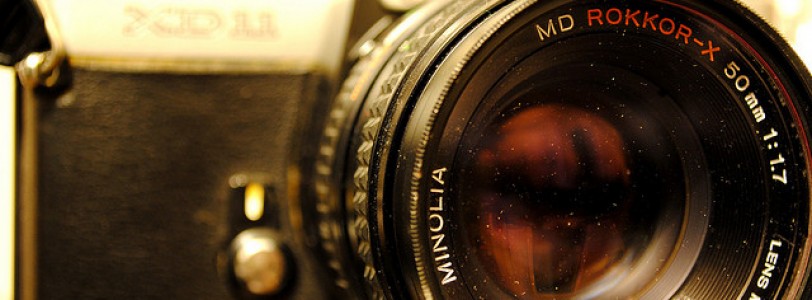
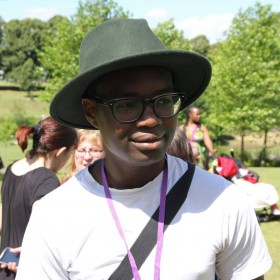

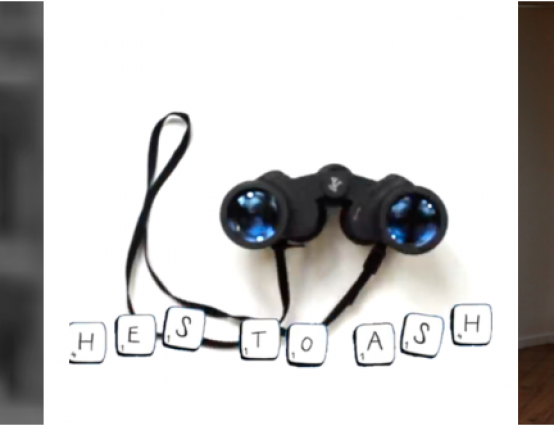
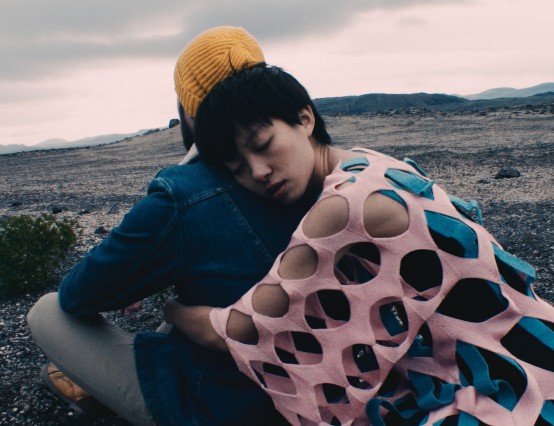



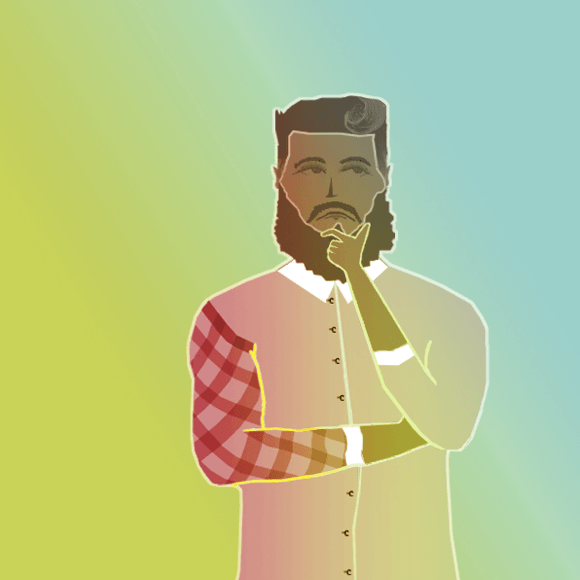
Thank you,
This article helped me so much
Thank you